Our products
Sabre offers the travel industry’s broadest range of technology, helping travel suppliers and buyers plan, market, sell, serve and operate their businesses.
Filter products by
-
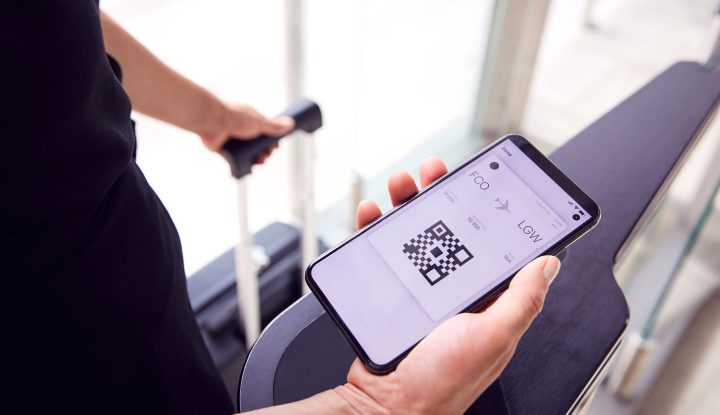
Utilize other carriers for check-in, gates and boarding
Execute critical check-in and e-ticketing functions from virtually anywhere, even from airports where you don’t have your own systems.. Reduce costs while building partnerships with other carriers and ground-handling companies.
-

Find the best airline offers
Deliver a modern-day retailing experience providing relevant offers personalized for traveler needs.
-

Maximize reservation management with a complete set of capabilities
Effectively create and manage high numbers of reservations daily with our comprehensive assortment of tools.
-

Automate PNR Data
Mine business intelligence for profitable data, saving agency time and eliminating human error.
-

Automate the commission collection process
Automatically calculate and capture the highest applicable commission on every itinerary.
-

Prioritize your high-profit content
Focus on selling smarter by making the most of high-profit content.
-
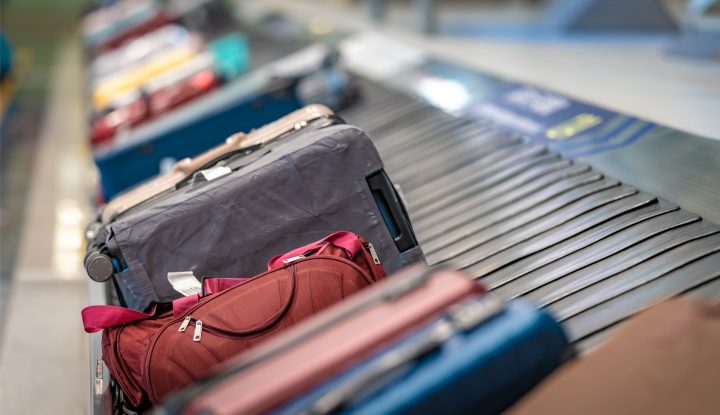
Deliver tailored ancillary pricing
Drive customer loyalty and make the most of every upsell opportunity.
-
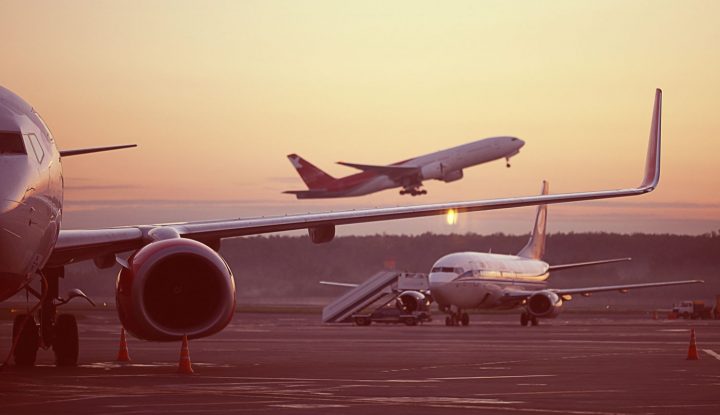
Access real-time airline schedules
Eliminate out-of-date information and give travel agents and passengers access to the accurate flight availability they need.
-

Efficiently manage your passenger reservations
Deliver maximum efficiency with personalized tools that create and manage all reservations in your system.
-

Accommodate savvy shoppers
Engage technology powered, intelligent retailing strategies, that effectively reach today’s savvy shopper across channels.
-

Automate airport operations and increase productivity
Enhance customer experience with comprehensive and streamlined check-in and boarding solutions.
-

Automate service adjustments and keep up with your passengers
Eliminate complex manual agent inputand automate ticket exchanges and refunds.
-

Automate ticket exchanges for enhanced productivity
Buy back lost agent time wasted on time-consuming ticket exchanges by automating the process.
-
-
-

Automate your post-booking admin
Reduce the potential for errors and free up employees for more critical business tasks by utilizing apps instead of agents.
-

Power up your hotel’s booking engine
Drive direct bookings for your property with our modern retailing and eCommerce solution.
-
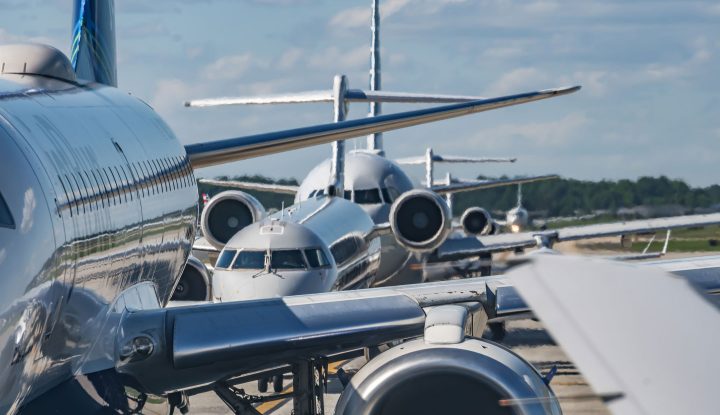
Omni-channel brand consistency
Shop, book and fulfill unique airline brands with bundled products and services designed to appeal to specific travelers.
-

Take charge of credit card payments
Gain control over credit card transaction service fees with our secure, compliant payment-acceptance and settlement platform.
-
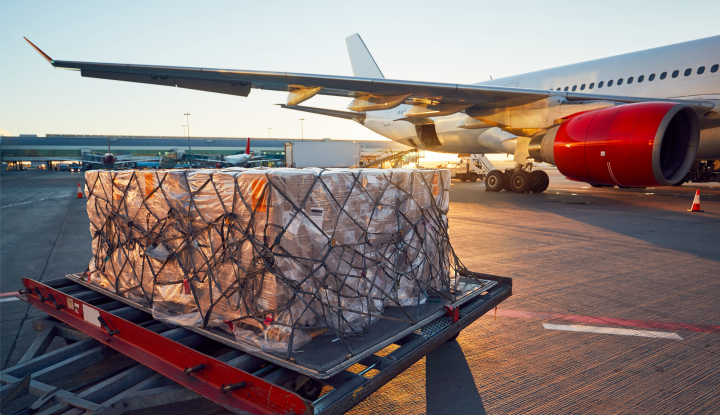
Optimize cargo capacity
Effectively evaluate cargo reservation requests. Our software factors in all variables, streamlining the process and keeping it human-error-free.
-

Access global car rental offers
Meet traveler demand for car rentals, wherever they go in the world, with our powerful agency tool.
-

Streamline rate management
Make your life easier with SynXis Central Reservation System, a comprehensive inventory and reservation management solution.
-

Simplify OTA distribution
Reach 600 global and regional OTAs with a streamlined channel activation interface.
-
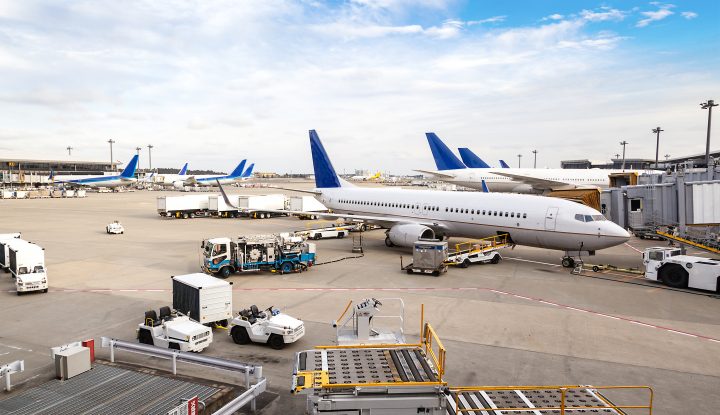
Broaden your reach
Introduce your brand into new markets and develop your network with our low-cost, low-risk solution.
-
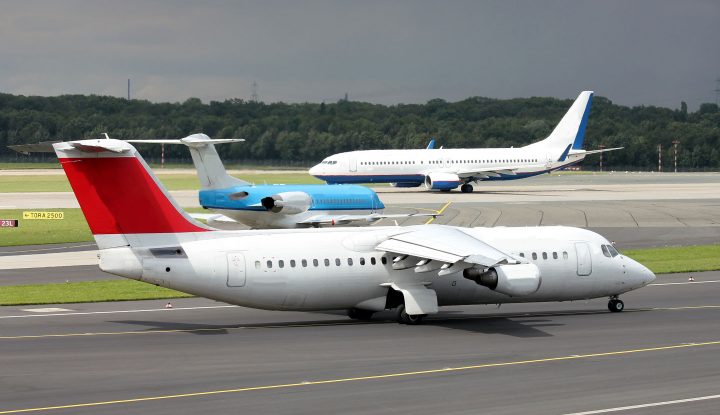
Make the most of Codeshare partnerships
Maximise codeshare connections across networks to increase airline revenue and elevate the passenger experience.
-

Boost business travel revenue
Enable independent hotels and groups to increase their exposure to leading TMC and Consortia partnerships.
-

Simplify lodging sourcing
Empower travel agents to efficiently find preferred lodging accommodations at competitive rates by consolidating multiple sources in one place.
-

Keep your customers up to speed on the go
Provide travelers with tailored, up-to-the-minute trip information accessible across different channels.
-

Consolidate customer data
Create an omni-channel customer experience with perfectly timed, personalized offers, using key customer insights.
-
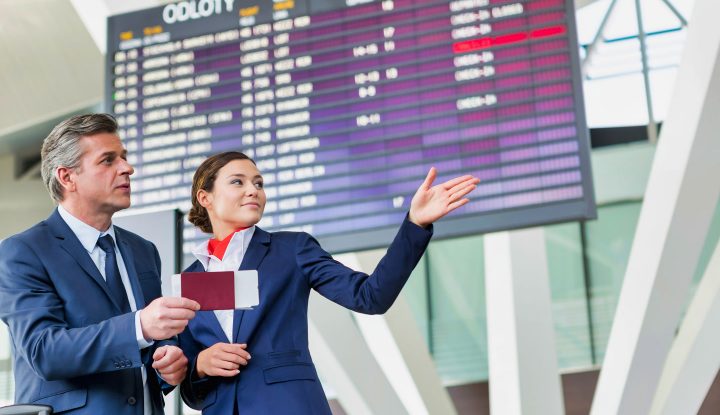
CX that stands out
Deliver on brand promise, build loyalty, and get the competitive edge by providing customers with a personalized, premium experience.
-

Make travel personal
Gain essential traveler insight to build individualized travel experiences and keep traveler data secure.
-

Transform your travel ecosystem
Stand out in a sea of websites by delivering a digital retailing experience personalized for your customers.
-

Embrace next-generation airline e-commerce
Deliver a distinctive brand experience across the entire customer journey and create a lasting impression across all your digital touchpoints.
-

Market your property
Tap into a team of experts to drive metasearch campaigns and digital marketing for your property.
-

Simplify and add value to everyday transactions
Sabre Direct Pay is an automated and integrated payments gateway designed to simplify and add value to the transactions that Travel Agencies and Corporations do every day. This Virtual Payments solution provides access through one unique connection to 70+ banking partners, 100+ currencies in 150+ countries.
-
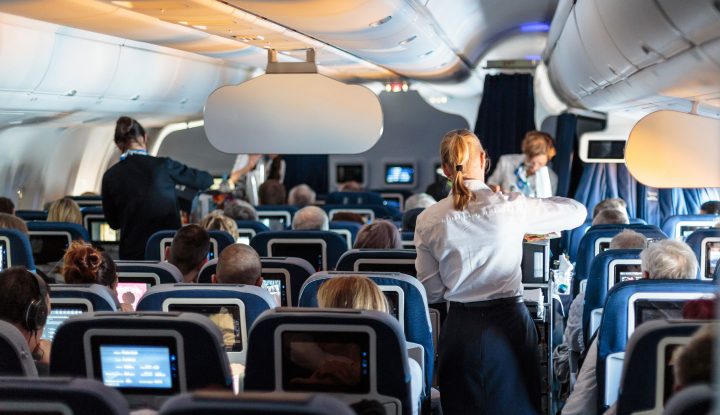
Optimize pricing & availability at scale
Quickly evaluate and respond to market conditions with optimized inventory adjustments to maximize revenue.
-
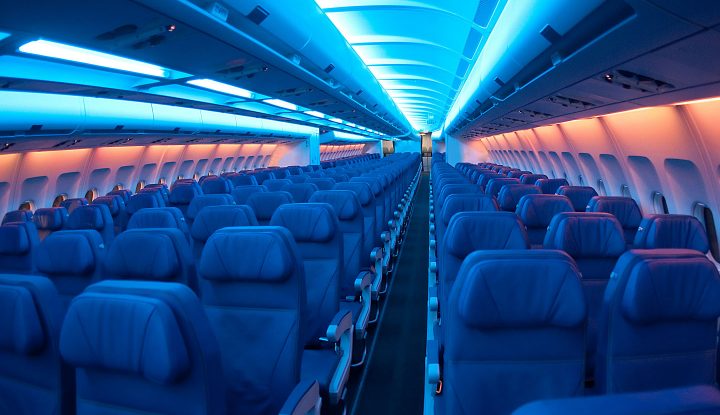
Increase per-traveler revenue
Optimize new and existing revenue opportunities through multi-point, personalized ancillary offers.
-

Automate intelligent airline pricing
Stay ahead of your competitors’ fare pricing with end-to-end automation that improves revenue opportunities by reducing uncompetitive published fares.
-
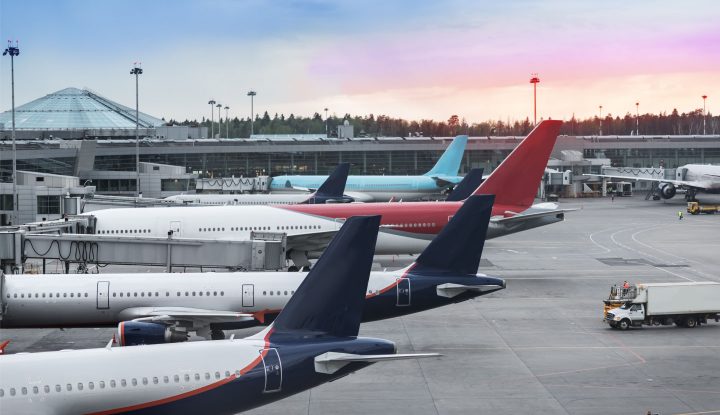
Match aircraft capacity with demand
Make each flight count for profitability by optimizing fleet assignment. No more over or underfilling aircrafts, hit the right capacity every time.
-

Manage the complexities of corporate travel with ease
Deliver an unbeatable online booking experience, control costs and drive compliance for corporate travel programs globally.
-
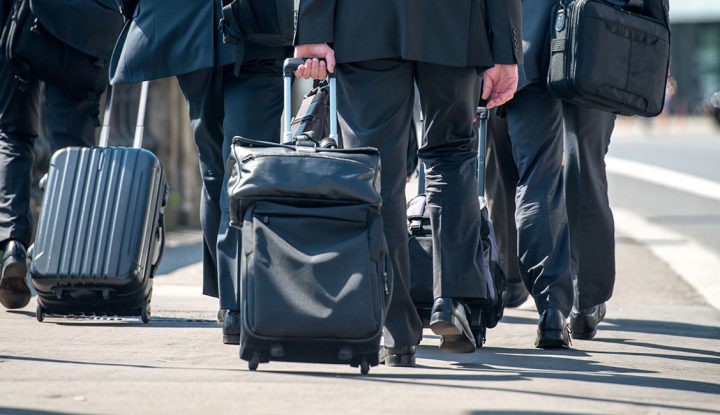
Manage group bookings with ease
Oversee group bookings with greater efficiency and effectively evaluate economic feasibility to secure the most appropriate fares each time.
-

Integrate with the SynXis platform
Quickly link our existing solutions and build connections to support your software.
-

Elevate your airport check-in experience
Empower your customer-facing employees to deliver uncompromised service and deliver seamless airport and reservations experience to travelers.
-
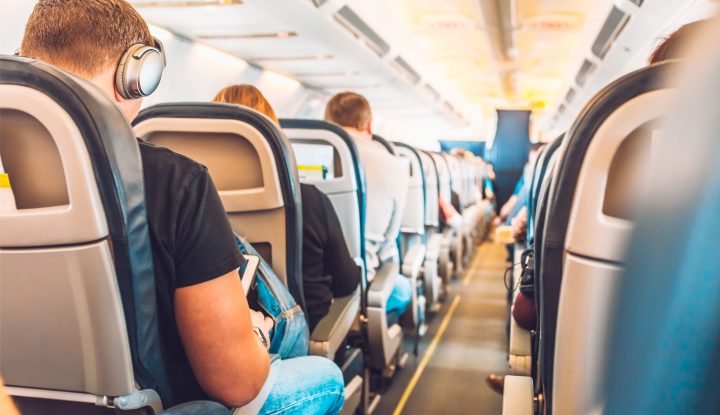
Maximize profitability with strategic seat inventory management
Equip analysts to make the most out of the inventory and optimize revenue through data visualization, streamlined workflows, and contextual navigation.
-

Comprehensively resolve service disruptions
Minimize the impact of service disruptions on your customers with resolving problems quickly and efficiently and reducing manual agent activities.
-
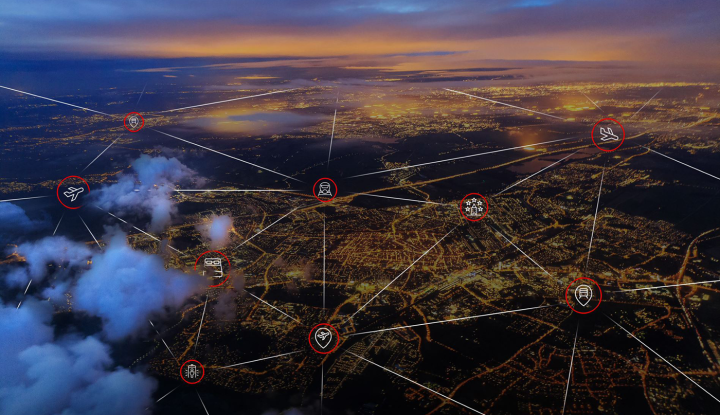
Efficiently develop targeted software solutions for airlines
Reduce operational costs and increase revenue with IX Apps that let you quickly create automated solutions.
-
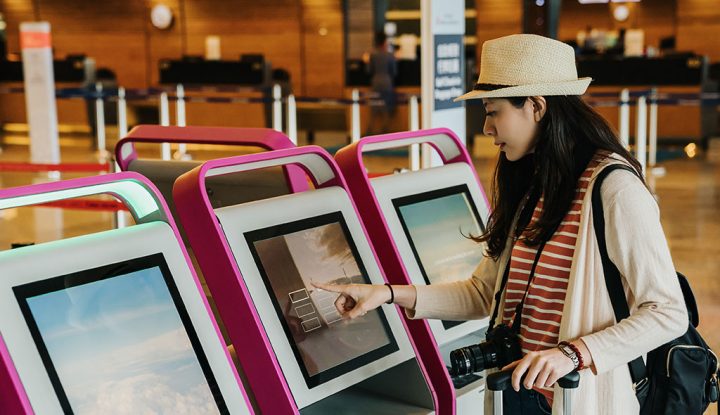
Take care of busy travelers with self-service
Empower your passengers with the ability to print boarding passes and bag tags themselves without the need to go through a check-in agent.
-
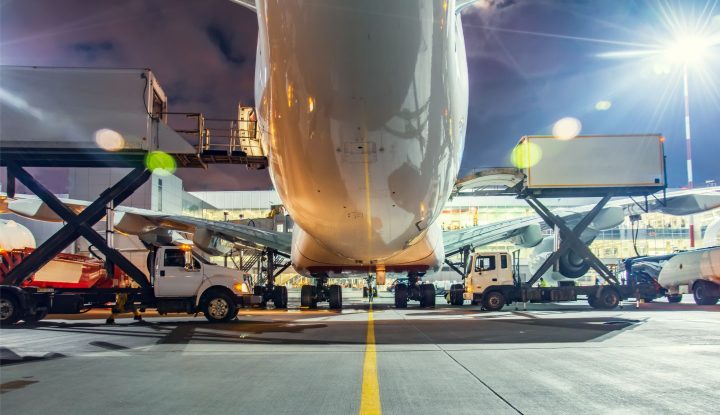
Achieve perfect balance in load planning
Smartly manage the placement of each aircraft’s load to reach equilibrium, increase operational efficiency and save manpower.
-

Reward customer loyalty
Generate up to 20% of your company’s total revenue and reduce new customer acquisition costs, by effectively rewarding existing customers.
-

Deliver smarter retailing and sales analysis
Strengthen your strategic planning through predictive intelligence powered by Sabre Travel AI™ – in partnership with Google.
-

Elevate on-property operations
Connect teams, tasks, and guests with Nuvola’s task management and guest engagement software.
-
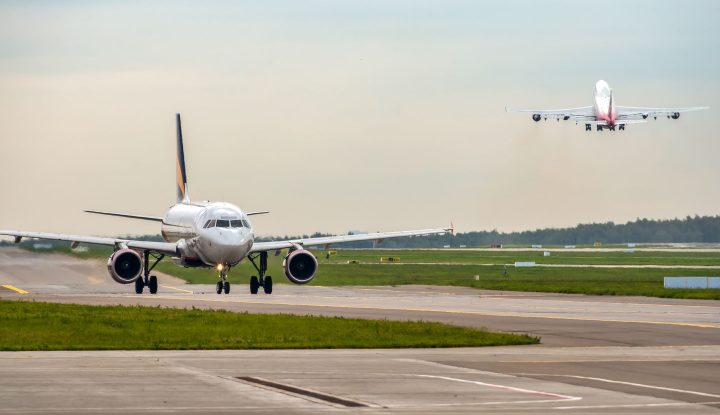
Stay online when systems are down
Maintain operations and avoid passenger frustration and costly agent errors in the check-in process during system outages.
-

Ensure you receive all your due funds
Ensure all funds due are received and be protected against fraudulent charges with our fully compliant and integrated airline and agency payment solution.
-

Identify high-yield business customers
Pursue your most valuable customers with up-to-the-minute, reliable data and sales insights, to make the most of global corporate sales.
-
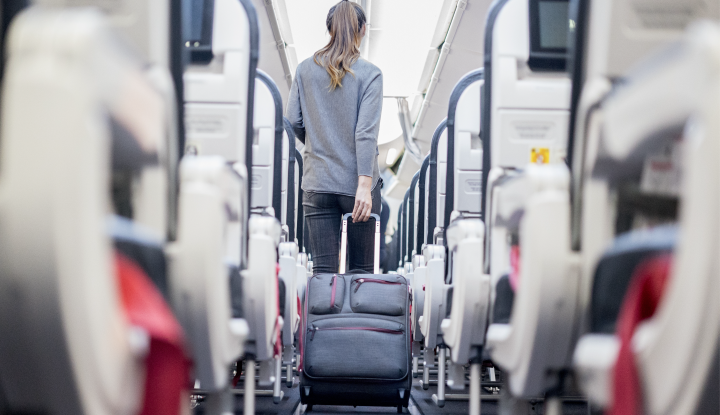
Accurate forecasting simplified
Accurately forecast passenger demand and empower analysts to make successful strategic decisions with our ultimate tool for managing profit.
-
-

Fast-track rail travel
Provide agencies a complete solution for shopping, booking, and fulfilling rail trips.
-

Drive total revenue
Sell anything at the time of booking and expand revenue streams by creating choices for your guests that go beyond the room.
-

Identify and remove fraudulent bookings in real time
Spot fraudulent bookings in real time, restore seats to inventory and prevent revenue loss with our scalable solution that delivers strong ROI in months.
-
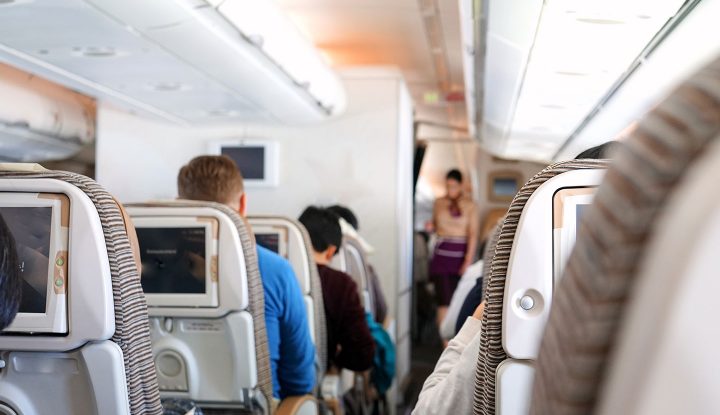
Revolutionize your revenue management
Give your airline a comprehensive view and set of insights that apply far beyond seat inventory, to improve forecast accuracy and optimize demand-based pricing.
-

Break free from static airfare pricing
Increase pricing agility and precision with dynamic pricing of airfare based on traveler and marketplace context.
-
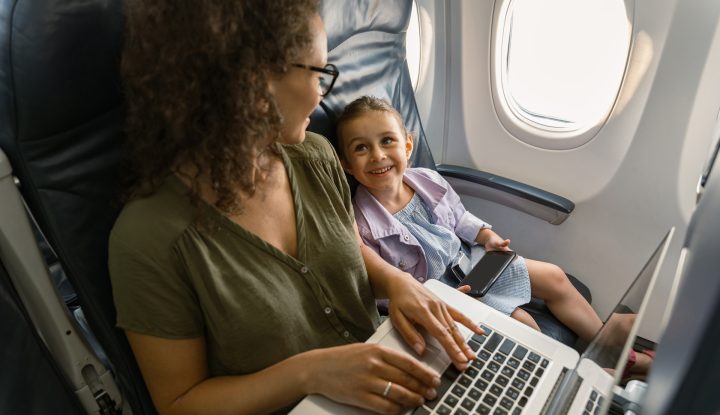
Deliver optimized ancillary offers
Optimize ancillary offers and provide more traveler choice with dynamic pricing of individual and bundled ancillaries.
-

Develop travel apps with ease
Spend less time learning about back-end technology and more time creating flexible solutions that can be deployed globally.
-

Free up your front-line employees to focus on the traveler experience
Personalize and elevate the overall customer experience by simplifying agent experience with our mobile-first design, so they can focus on better assisting travelers.
-

Sense and respond to insights across the airline enterprise
Discover profitable insights and gain a better understanding of market trends.
-

Deliver superior service
Empower consultants to make the most of customer data and take your customer experience to the next level with Sabre Profiles™.
-

Make the most of a full spectrum of bookable content
Facilitate a 360 view of travel booking via an intuitive and customizable workspace with rich imagery and descriptive detail.
-

Streamline travel agency operations
Modernize operations with intuitive apps that integrate seamlessly into Sabre Red 360 and support travel agency workflows.
-

Streamline how customers receive important travel information
Provide travelers to the latest trip information, travel documents and the essential information needed to manage the travel they’ve purchased.
-

Utilize empty seats in premium cabins
Provide travelers the opportunity to bid for an upgrade at any pre-travel stage to generate incremental upgrade revenue.
-

Merchandise pre-packaged holidays
Enable leisure travel agents to use their expertise to shop, compare, and book holidays – all in one place.
-
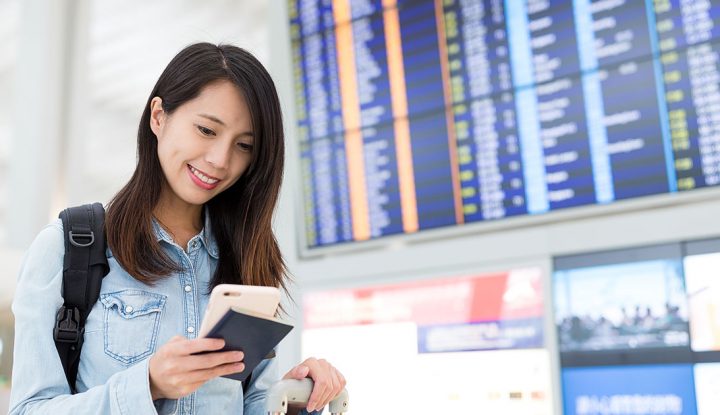
Deliver perfectly planned schedules
Effectively manage your airline’s operations and identify areas of underutilization, to boost revenue and bring competitive advantage.
-

Increase codeshare visibility to maximize passenger revenue
Work together with codeshare partners to prevent leakage and maximize sales by jointly accessing real time availability information.
-

Empower customers to rebook themselves
Enhance customer satisfaction and decrease manual agent processing by offering travellers the ability to manage their own reaccommodations on the web or a mobile device during a disruption.
-
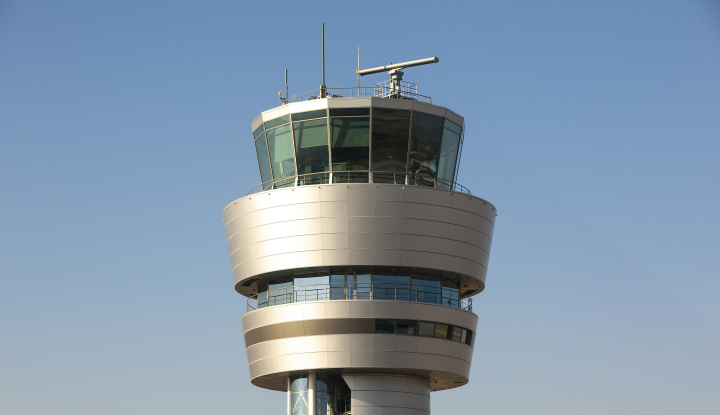
Secure and expand your slot portfolio
Monitor existing slots for maximum utilization and identify upcoming slots needed for future schedules.
-

Make ticketing a breeze for travel agents
Automate and validate pre-defined agency guidelines at pricing and ticketing, resulting in greater accuracy and scale.
-

Increase revenue while building customer loyalty
Set up secure electronic fund accounts for business and leisure travel, enabling alternative payment options and encouraging future bookings.
-

Understand your customer data to maximize ROI
Respond to customer insights to enhance the traveler experience and increase revenue across each passenger journey.
-

Empower business travelers to book and manage trips themselves
Enhance business traveller experience and put the power in their hands with our mobile-first self-service solution to manage and organize travel.
-

Drive call center conversations
Empower call center agents to confidently service your hotel guests.


